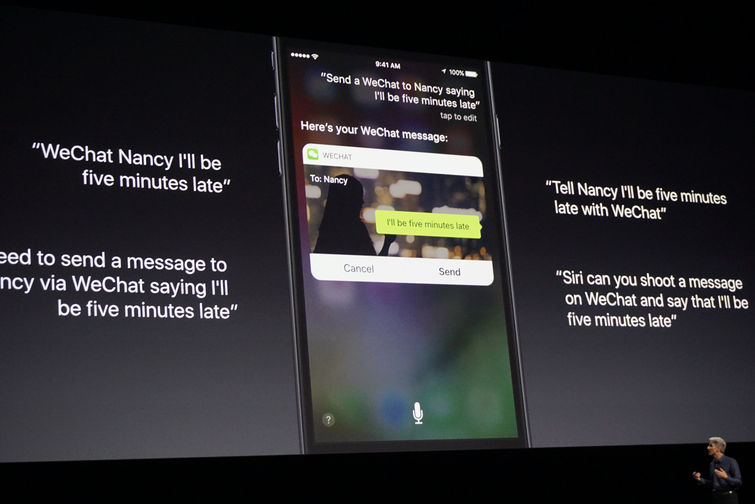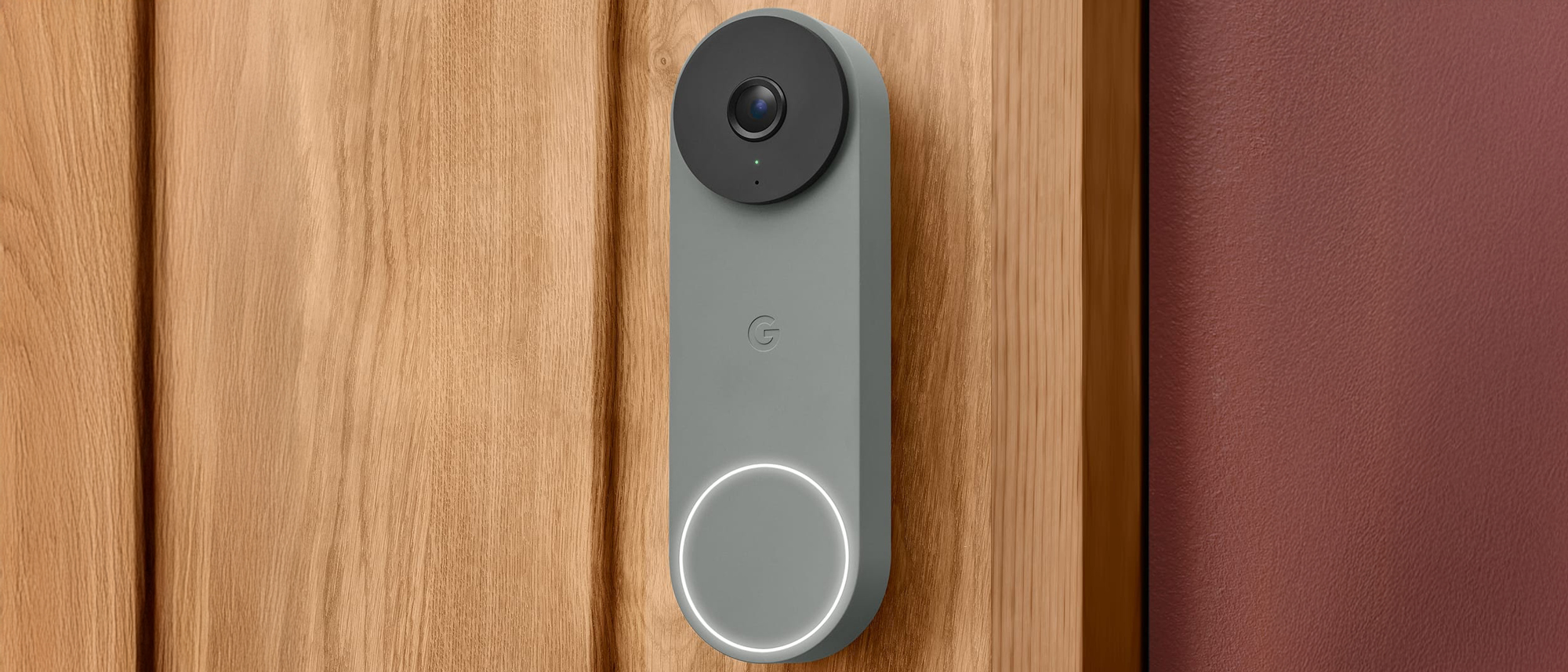Here's How Siri Could Obliterate Bixby
Apple is apparently working on new technologies that could help it be much more intelligent than Samsung's Bixby.
Apple has been put on notice by Samsung's big Bixby virtual assistant in the Galaxy S8. But the iPhone maker apparently has some big changes of its own up its sleeve.

Apple has filed for a patent on a deep learning technology that would turn Siri into an exceedingly powerful tool that could digitally "see" and deliver better assistance to users. The patent, which was earlier discovered by Patently Apple, describes how a device could use sensor to constantly analyze what's going on around the hardware. From there, it responds with something it believes, you'll want it to do.
In one example shared in the patent, Apple describes a scenario in which a set-top box sitting in a living room would scan everything in the room, including furniture and humans. Once it sees a person get up and leave the room, it would automatically pause whatever show is on until the person comes back. The tool can also adjust volume controls on the fly to ensure the best-sounding audio.
More: Best 'Hey Siri' Tricks for Your iPhone
The patent is exceedingly long and describes a slew of ways that Apple's technology could dramatically change how we live our lives. Apple envisions a technology that could understand human behavior, as well as age and specific needs, and respond to deliver an appealing -- and hands-off -- experience.
If that sounds familiar, it's because Apple isn't alone in trying to achieve that. Last week, Samsung unveiled its own virtual assistant in Bixby, which tries to do more than the traditional assistant. With Bixby, you can aim your camera at an item and get shopping information, product reviews, and more. You can also translate text in another language and get contextual information about a landmark or whatever else you're looking at.
Bixby, in other words, is a major step forward in artificial intelligence and making a virtual assistant do more than just book an Uber ride or set up a calendar event.
Get instant access to breaking news, the hottest reviews, great deals and helpful tips.
Still, there's work to be done, as Apple's patent suggests. In fact, Apple's patent envisions a future in which a slew of sensors and other technologies would be used to feed a virtual assistant data. Artificial intelligence on the back end would interpret that data, compare it to what it knows about the user and what a person might want to see happen in that circumstance, and respond accordingly.
MORE: iPhone 8 vs. Galaxy S8
The patent also describes new ways for you to communicate with the technology. For instance, you can use hand gestures to tell the virtual assistant what you want, and it can even listen to your voice levels and patterns to decide whether you're talking to it or someone else.
Notably, the technology described in the patent might not find its way to smartphones like the iPhone 8. In fact, Patently Apple notes the company's description suggests it might actually be better used with Apple TV or Macs.
Whether the technology will ever find its way to devices, however, remains to be seen. Like other companies, Apple files for patents all the time and sometimes those technologies never find their way to the company's products.
Don Reisinger is CEO and founder of D2 Tech Agency. A communications strategist, consultant, and copywriter, Don has also written for many leading technology and business publications including CNET, Fortune Magazine, The New York Times, Forbes, Computerworld, Digital Trends, TechCrunch and Slashgear. He has also written for Tom's Guide for many years, contributing hundreds of articles on everything from phones to games to streaming and smart home.
